Did you know that nearly 92% of adults worldwide develop dental plaque at some point in their lives? Plaque isn’t just about yellowish buildup on your teeth—it’s a sticky film of bacteria that leads to cavities, gum disease, and even bad breath. Dentists often emphasize professional cleanings, but many people wonder if there are natural, at-home ways to fight plaque before it becomes a problem.
Imagine being able to enjoy a fresh, confident smile every day without constantly worrying about expensive treatments. What if you could protect your teeth with simple daily habits, backed by both science and traditional wisdom? In this article, you’ll learn how plaque forms, why it’s dangerous, and most importantly, 12 powerful and natural ways to keep your teeth plaque-free for life. These methods are practical, safe, and easy to integrate into your routine, helping you take control of your oral health starting today.
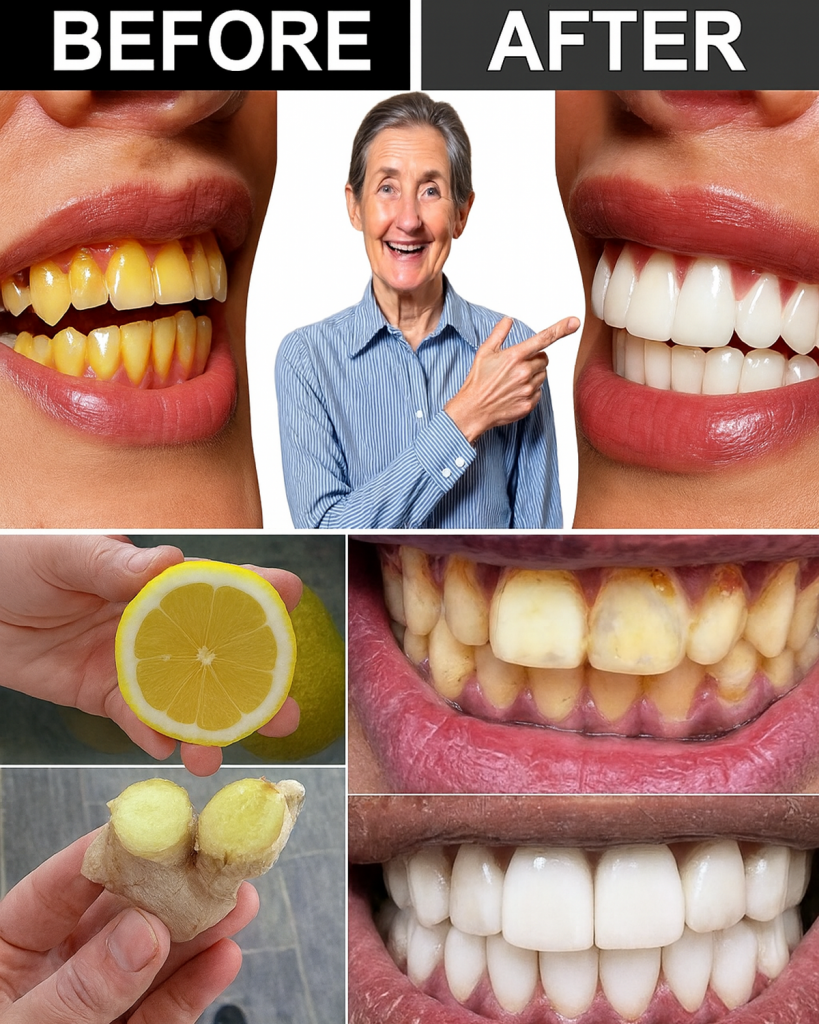
What Exactly Is Dental Plaque?
Plaque is a soft, sticky film of bacteria that clings to your teeth and gums. It forms when bacteria in your mouth feed on sugars and starches left behind from food. Within hours, this film hardens into tartar, which can only be removed by a dentist. Left unchecked, plaque can cause cavities, gum disease, and even tooth loss.
Key facts:
- Plaque begins forming just 4–12 hours after brushing.
- It is the leading cause of gum inflammation and bleeding gums.
- If hardened into tartar, it requires professional dental tools to remove.
The good news is, with the right daily practices, you can significantly reduce plaque and prevent serious oral issues.
1. Daily Brushing Done the Right Way
Brushing is your first line of defense against plaque, but technique matters. Most people brush too quickly or miss hard-to-reach areas.
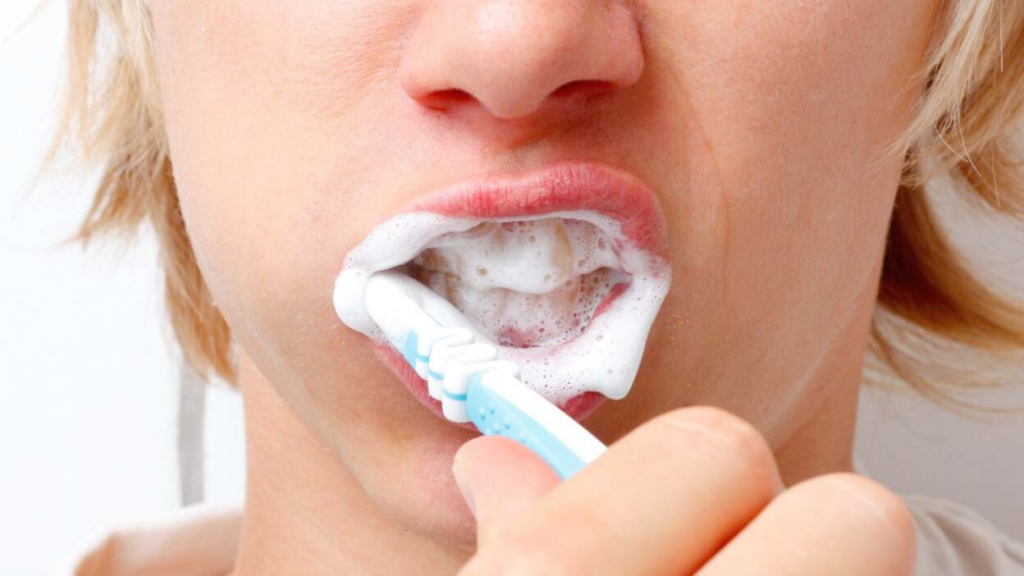
Tips for effective brushing:
- Brush at least twice a day, ideally after meals.
- Use a soft-bristled toothbrush and fluoride toothpaste.
- Hold the brush at a 45-degree angle to the gums.
- Brush for at least two full minutes.
Case example: In a 2022 study, patients who extended brushing time from 45 seconds to two minutes saw a 35% reduction in plaque buildup.
2. The Forgotten Secret: Flossing Daily
Plaque loves to hide between teeth where brushes can’t reach. That’s where flossing becomes essential.
How to floss correctly:
- Use 18 inches of dental floss, winding most around your middle fingers.
- Gently slide the floss between teeth, curving it into a “C” shape against each tooth.
- Move up and down without snapping.
People who floss once a day are 40% less likely to develop gum disease than those who skip it.
3. Oil Pulling: An Ancient Remedy Making a Comeback
Originating from Ayurvedic practices, oil pulling involves swishing natural oils like coconut or sesame in your mouth. It helps reduce bacteria that form plaque.
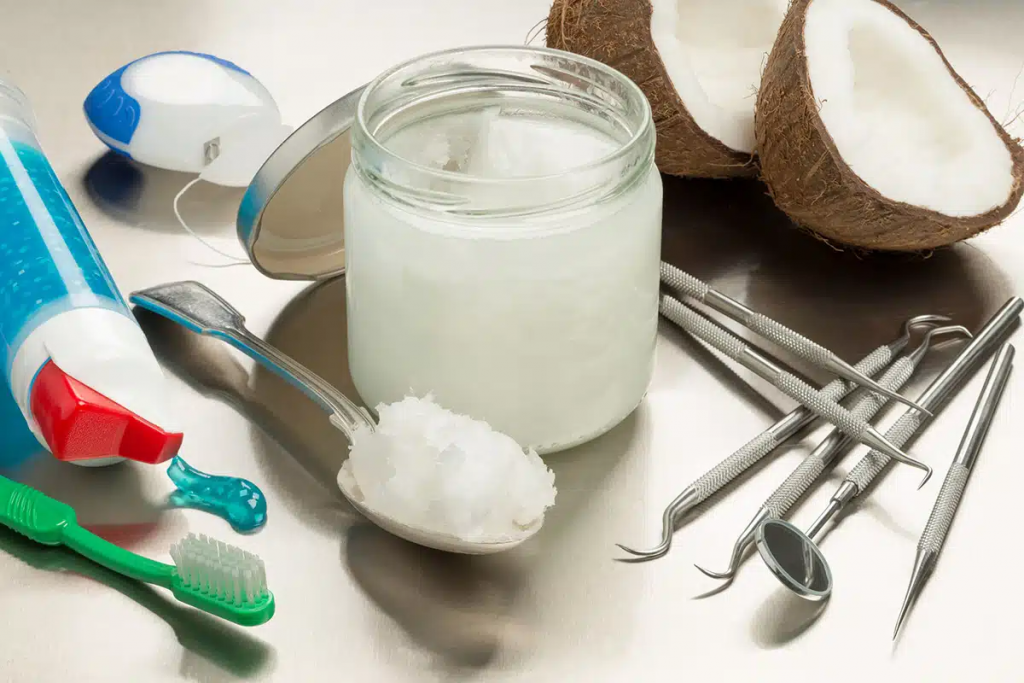
How to do it:
- Take 1 tablespoon of coconut oil.
- Swish around your mouth for 10–15 minutes.
- Spit it out and rinse with warm water.
Studies show oil pulling can reduce harmful oral bacteria such as Streptococcus mutans, a major plaque contributor.
4. Using Natural Antibacterial Mouth Rinses
Commercial mouthwashes are effective, but natural options can also fight bacteria without harsh chemicals.
Best natural rinses:
- Green tea: Contains catechins that reduce bacteria.
- Aloe vera juice: Anti-inflammatory and gentle on gums.
- Saltwater rinse: Reduces swelling and cleanses the mouth.
Rinse twice daily after brushing and flossing for best results.
5. The Role of Diet in Plaque Prevention
Sugar feeds plaque-causing bacteria. A diet rich in whole foods and low in refined sugar can drastically reduce buildup.
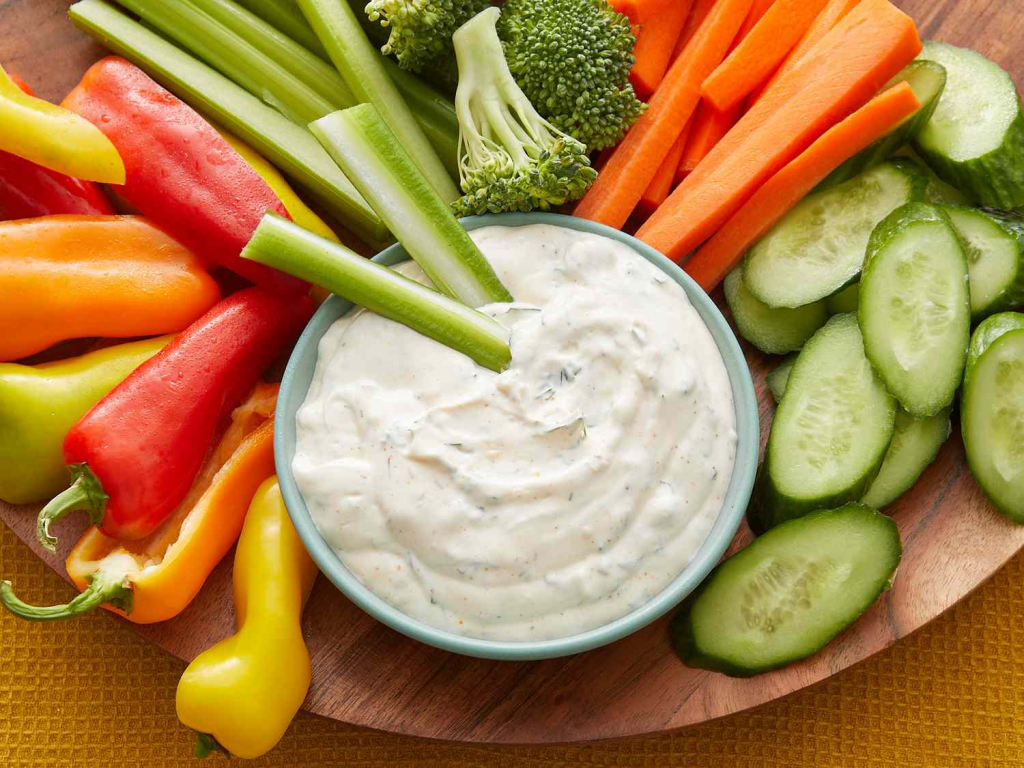
Foods that fight plaque:
- Crunchy vegetables like carrots and celery naturally scrub teeth.
- Cheese and yogurt increase saliva, which neutralizes acids.
- Apples act as a “natural toothbrush” after meals.
On the flip side, limit sugary drinks, sticky candies, and processed carbs that cling to teeth.
6. Herbal Solutions Backed by Science
Certain herbs have been used for centuries to fight oral bacteria. Today, research is catching up.
Powerful herbs for dental health:
- Neem: Traditional Indian remedy with antibacterial properties.
- Clove: Contains eugenol, a natural pain reliever and germ fighter.
- Licorice root: Shown to inhibit plaque growth in modern studies.
Using herbal tooth powders or rinses a few times per week can be a great supplement to brushing.
7. The Power of Chewing Sticks and Miswak
Before toothbrushes, people used natural chewing sticks like miswak (from the Salvadora persica tree). Miswak contains natural antibacterial compounds and fluoride.
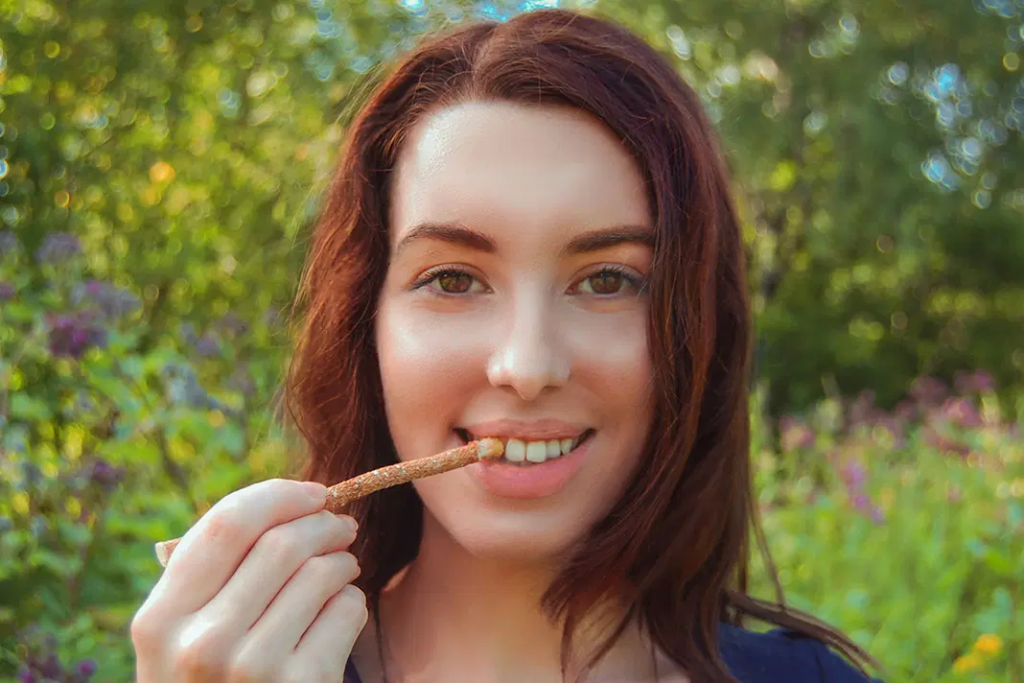
How to use:
- Peel bark to expose the fibers.
- Chew until brush-like bristles form.
- Use gently on teeth and gums.
Miswak has been shown to reduce plaque as effectively as modern toothbrushes.
8. Staying Hydrated and Increasing Saliva Flow
Saliva is your body’s natural defense against plaque because it washes away food particles and bacteria.
Simple strategies:
- Drink water after every meal.
- Chew sugar-free gum with xylitol.
- Avoid excessive alcohol or caffeine, which dry the mouth.
People with dry mouth are at higher risk for rapid plaque buildup.
9. Professional Cleanings: Why They Still Matter
Even with the best habits, some plaque hardens into tartar. Professional cleanings every 6 months are essential to maintain long-term oral health.
A dentist can remove hardened deposits that brushing and flossing cannot reach, preventing gum disease from advancing.
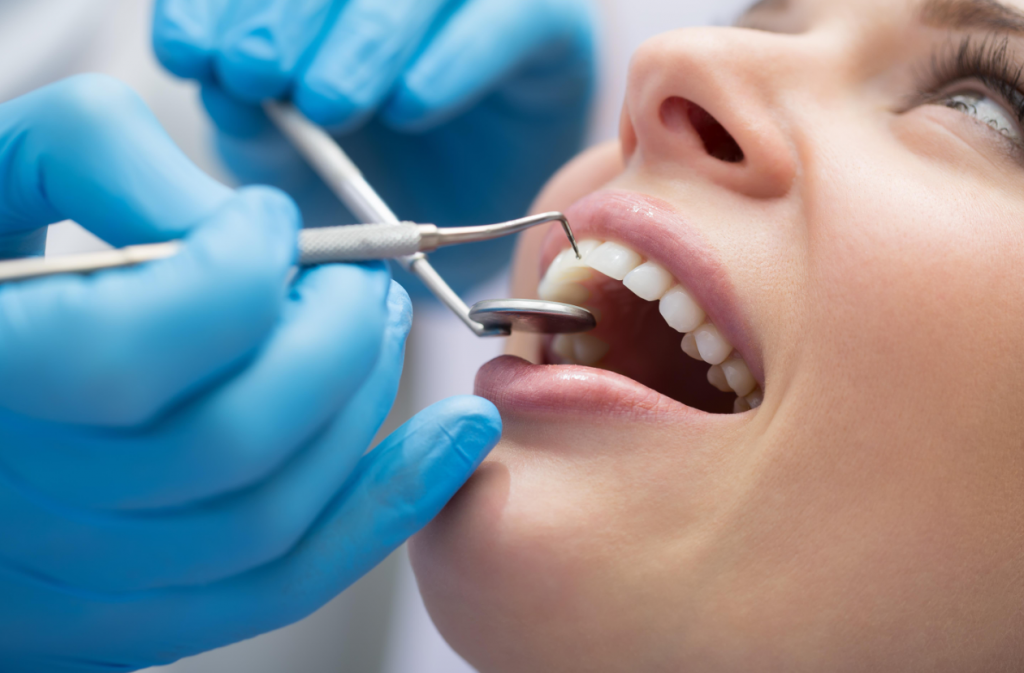
10. Lifestyle Habits That Make a Difference
Small daily actions have a big impact on oral hygiene.
Positive habits:
- Replace toothbrush every 3 months.
- Avoid smoking, which increases plaque and stains.
- Limit snacking, especially on sugary foods.
Consistency in these habits ensures long-term prevention.
Quick Reference Table
| Method | How It Helps Prevent Plaque | Frequency |
|---|---|---|
| Brushing correctly | Removes surface plaque | Twice daily |
| Flossing | Cleans between teeth | Once daily |
| Oil pulling | Reduces oral bacteria | 3–4x weekly |
| Herbal rinses | Kills germs naturally | Twice daily |
| Crunchy vegetables | Scrubs teeth surfaces | Daily |
| Neem & clove | Natural antibacterial protection | Weekly |
| Miswak chewing stick | Traditional plaque removal | As needed |
| Hydration & saliva support | Washes away bacteria | All day |
| Professional cleanings | Removes tartar buildup | Every 6 months |
Conclusion
Dental plaque is not something you have to live with forever. By combining smart oral hygiene habits, natural remedies, and professional care, you can keep your teeth free from plaque and enjoy a healthier smile. From oil pulling to herbal rinses and mindful eating, there are multiple ways to take control of your oral health without relying solely on costly treatments.
Remember: Always consult your dentist before starting new oral health routines, especially if you have ongoing dental issues.
This content is for informational purposes only and should not replace professional medical advice, diagnosis, or treatment.




